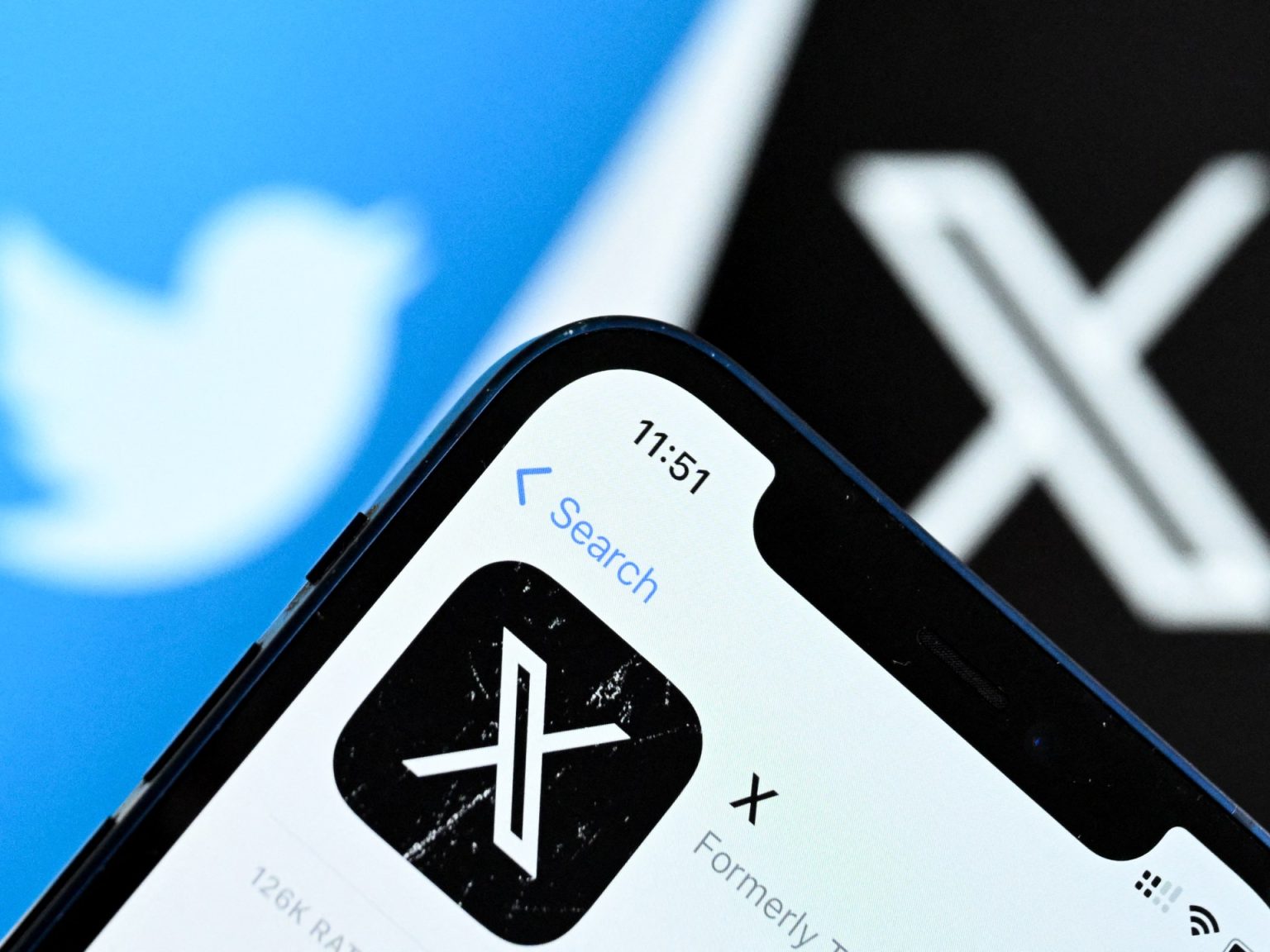The social media platform X, formerly known as Twitter, faces a hefty daily fine of over $900,000 in Brazil after it appeared to defy a ban ordered by a judge. The ban was part of a crackdown on disinformation, but access to the phone app was restored despite the judge’s order, prompting the government to threaten the hefty fine. X claimed that the return of its service was inadvertent and temporary, but the government accused the company of deliberately violating the suspension order. The company has started to comply with court orders to remove hate content, but the situation remains contentious.
With over 22 million users in Brazil, X’s suspension has sparked a debate on freedom of expression and the limits of social networks, both within the country and internationally. The judge also froze the assets of X and Elon Musk’s satellite internet operator Starlink, which has been providing services in Brazil since 2022, particularly in remote communities in the Amazon. The National Telecommunications Agency is working to identify mechanisms to block the service again, as new software updates allow the app to use constantly changing IP addresses, making it difficult to block.
X has a history of being banned in other countries, such as China in 2009 and more recently in Venezuela over a disputed presidential vote. In Brazil, the ban was initiated in January 2023 after supporters of ex-President Jair Bolsonaro stormed the National Congress following false claims of electoral fraud. The Brazilian Supreme Court ordered X and other social media platforms to restrict accounts linked to fake news and hate speech. In April, the judge asked X to block several accounts spreading misinformation about Bolsonaro’s defeat in the 2022 general election, leading Musk to refuse and remove X’s legal representative in Brazil.
The legal battle between X and Brazilian authorities highlights the complexities of regulating social media platforms and ensuring compliance with local laws regarding disinformation and hate speech. The debate over freedom of expression online and the responsibilities of social networks continues to evolve as governments around the world grapple with the challenges of enforcing regulations on digital platforms operating within their borders. X’s defiance of the ban and subsequent legal actions taken by the Brazilian Supreme Court underscore the ongoing tensions between tech companies, governments, and users regarding content moderation and regulation in the digital age.
As X faces the threat of hefty fines and continued legal battles in Brazil, the outcome of this case will likely have broader implications for the regulation of social media platforms globally. The company’s history of being banned in other countries and its resistance to court orders to restrict hate content raise questions about the balance between free speech and accountability on digital platforms. The ongoing debate over the limits of social networks and the enforcement of laws against disinformation and hate speech reflects a broader struggle to navigate the complexities of online communication in an increasingly polarized and interconnected world.


